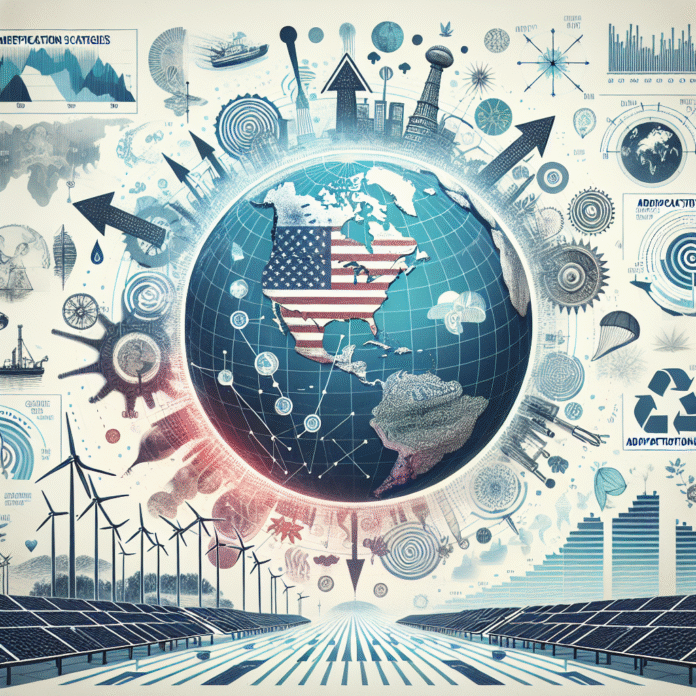Impact of America’s Climate Actions on Asia’s Adaptation Strategies
America’s Attack on Climate Science Could Affect Adaptation Capacity in Asia: Climate Scientist Ben Horton
In recent discussions surrounding the impact of climate change, climate scientist Ben Horton emphasized the significant implications of America’s ongoing challenges with climate science. He argues that the political environment in the United States, which has seen increasing skepticism towards climate science, could have far-reaching effects on adaptation efforts in Asia.
Horton points out that the United States has historically played a pivotal role in global climate policy and scientific research. As one of the largest contributors to greenhouse gas emissions, American policies and funding have a substantial influence on international climate initiatives. However, the current trend of undermining climate science may hinder collaborative efforts necessary for combating climate change, particularly in vulnerable regions like Asia.
Impact on Vulnerable Regions
Asia is home to some of the world’s most climate-vulnerable countries, including Bangladesh, India, and the Philippines. Rising sea levels, extreme weather events, and shifting agricultural patterns pose significant threats to these nations. Adaptation strategies—such as improved infrastructure, disaster preparedness, and sustainable agricultural practices—are crucial for mitigating these risks.
Horton warns that if the United States continues on its current path, it could lead to reduced funding for international climate initiatives and a lack of leadership in global climate negotiations. This situation could stymie the progress of adaptation strategies in Asia, leaving many communities ill-prepared to face the escalating impacts of climate change.
Collaboration for a Sustainable Future
To enhance adaptation capacity in Asia, Horton advocates for increased international collaboration and scientific exchange. He stresses the importance of supporting local research and empowering Asian nations to develop their own climate resilience strategies. By investing in education, technology transfer, and sustainable development, countries in Asia can better equip themselves to handle the challenges posed by climate change.
Moreover, Horton highlights the role of grassroots movements and local knowledge in shaping effective adaptation strategies. Communities that are directly affected by climate change often have valuable insights into their specific vulnerabilities and potential solutions. Integrating these perspectives into broader climate policies can lead to more effective and sustainable outcomes.
The Need for Global Leadership
As the world grapples with the realities of climate change, the need for strong global leadership has never been more critical. The United States, as a historical leader in climate action, has a responsibility to restore its commitment to climate science and international cooperation. By re-establishing its support for climate research and funding, the U.S. can help foster resilience in Asia and beyond.
In conclusion, the ongoing challenges to climate science in America pose significant risks not only domestically but also globally. As Ben Horton articulates, the future of climate adaptation in Asia—and indeed, worldwide—depends on collaborative efforts and a renewed commitment to understanding and addressing the impacts of climate change.


